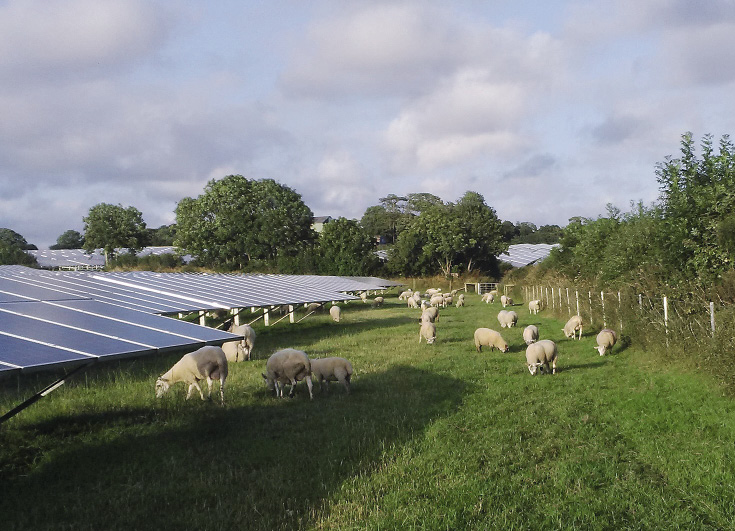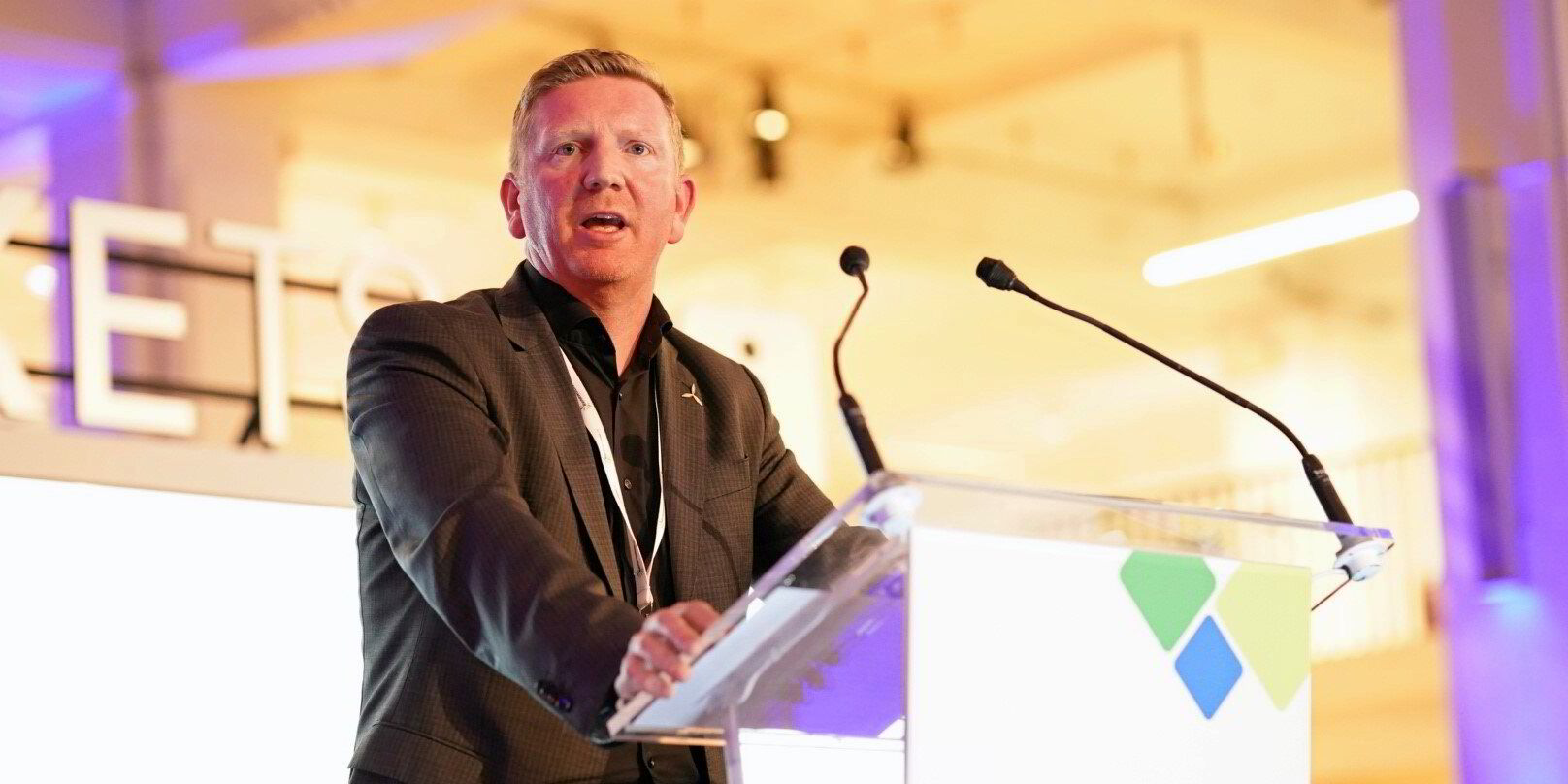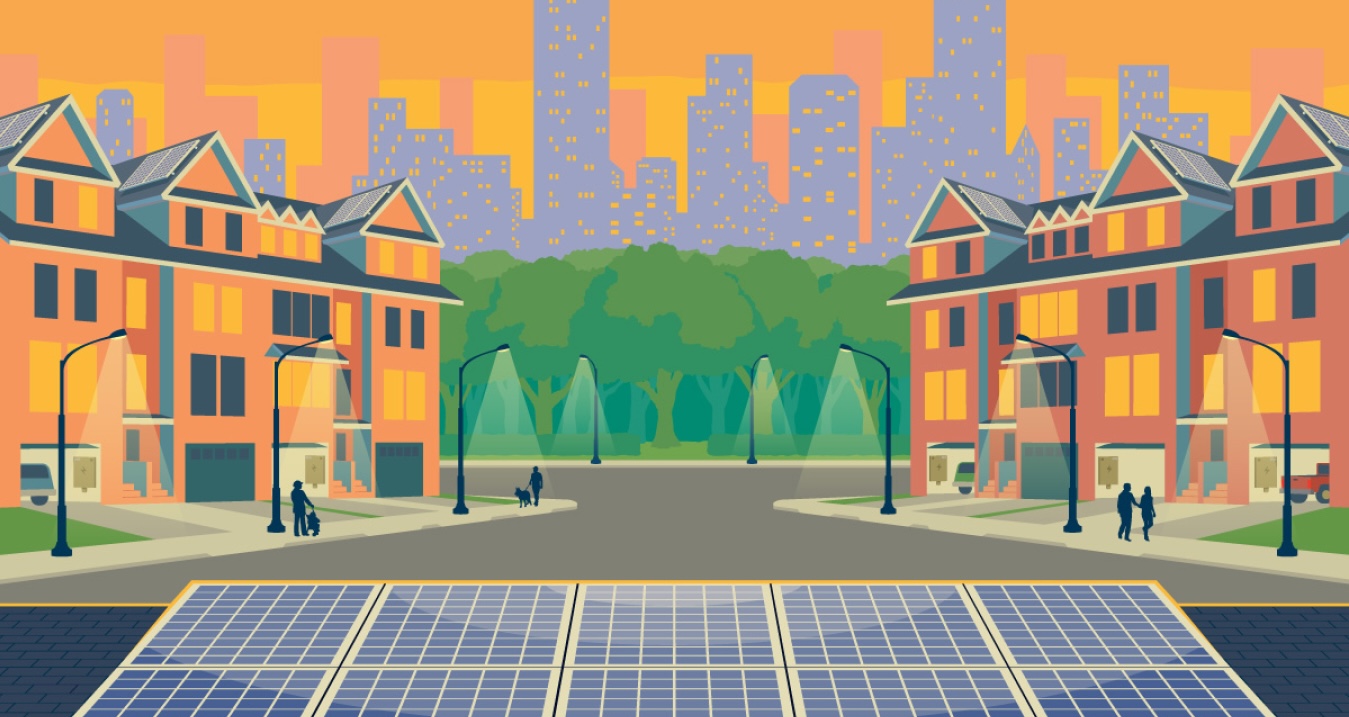Public opinion matters to the success of solar planning
New research from the UK finds institutional actors have greatest influence over planning consent, however, public support also has a statistically significant impact. Improved public engagement from developers could bolster solar planning applications in England.

New research from the UK finds institutional actors have greatest influence over planning consent, however, public support also has a statistically significant impact. Improved public engagement from developers could bolster solar planning applications in England.
Public opinion matters to the success of solar planning applications in England, researchers have found, amid dissatisfaction with how project developers communicate proposals.
Mohsin Hussain, a research fellow at the University of Aberdeen, told pv magazine that while developers’ existing investment in public engagement does support solar planning applications, clearer communication would be welcomed. He also noted that developers and planning officials “seem to struggle” when communicating with each other, too.
Ahead of publishing the research paper “Here comes the sun': Determinants of solar farm planning at local authority level in England” in Energy Research & Social Science, Hussain and colleagues hosted a public workshop in partnership with Durham City Council, in Northeast England.
“One of the biggest issues that members of the public raised is that the public and stakeholders don’t speak the same language, so often there’s a lot of technical jargon,” Hussain said. “Not just in scientific papers, but also on the council websites about planning projects. This makes it harder for the public to actually have a say in how these things should be run.”
In their research paper, Hussain and colleagues examined the impact of different variables on planning approvals for solar plants. Analysis of 320 proposals submitted over 2010-2024 found 65 were rejected by local councils while 255 – 80% of the total – were granted planning permission.
The researchers looked at correlations between policy support, public support, advocacy support, landscape impact, environmental impact, political affiliation and other variables with planning consent success.
A positive and statistically significant impact from public support was praised by the researchers, who said it “lends confidence in democratic processes at a local level.” They found the public appears to have “at least some power” to affect solar planning outcomes.
Projects backed by parish councils – the lowest tier of local government in England – and planning officials were, unsurprisingly, most successful at securing planning consent. Local authority planning decisions in England are decided by a local planning authority based on recommendations made by planning officers.
“Institutional actors or actors with institutional power matter more than, say, advocacy groups and even more so than the public,” said Hussain.
The researcher also highlighted any potential negative impact on the local landscape as a particular sticking point. “If your project looks like it might significantly alter the surrounding landscape, and we know that people in the UK care about the visual aesthetic of their region, especially in rural areas, then you can kind of guess what the reaction is going to be,” Hussain said.
This appears to be true across political lines. The paper found the political affiliation of a local government appeared to have almost no influence on planning outcomes, although Hussain added that the study’s data was incomplete in this area. “That said, it is still consistent with what other sources have found in other contexts,” he said.
Proximity to grid infrastructure, on the other hand, does seem to matter for planning success. Hussain stressed that this would be an area worth further investigation.
Environmental concerns were found to have no impact on planning consent outcomes, although the researchers suggested this could be due to developers working to solve these issues before submitting a planning application.
“It could basically just suggest that the developers are being more careful,” said Hussain. “They have to complete an environmental impact assessment report and they also have to collaborate with Natural England, one of the statutory bodies, to make sure that everything is in order. So a lot of these things are taken care of before the solar project is added to the planning department platform for the process to begin. It doesn’t mean that environmental concerns aren’t relevant. It just seems they’re already taken care of, so they don’t appear to matter in the planning process.”
During the period studied, planning consent for solar projects up to 50 MW in capacity were determined by local governments in England, with determinations on larger plants made by central government in London. In December 2024, the UK government announced plans to increase the threshold to 100 MW, meaning local councils deciding on planning consent for plants with greater capacity.
The effect of plants with greater capacity on planning success, or the cumulative impact of multiple solar plants in an area, is not fully understood, according to Hussain.
“It’s very hard to know what the cumulative impact of a project is,” he said. “There seem to be different interpretations about it. If we know something about the cumulative impact it would help us understand okay, if you have a project [with capacity] greater than 50 MW, what would the cumulative impact look like and would that even matter? I would say future research could focus on that.”
What's Your Reaction?






























































